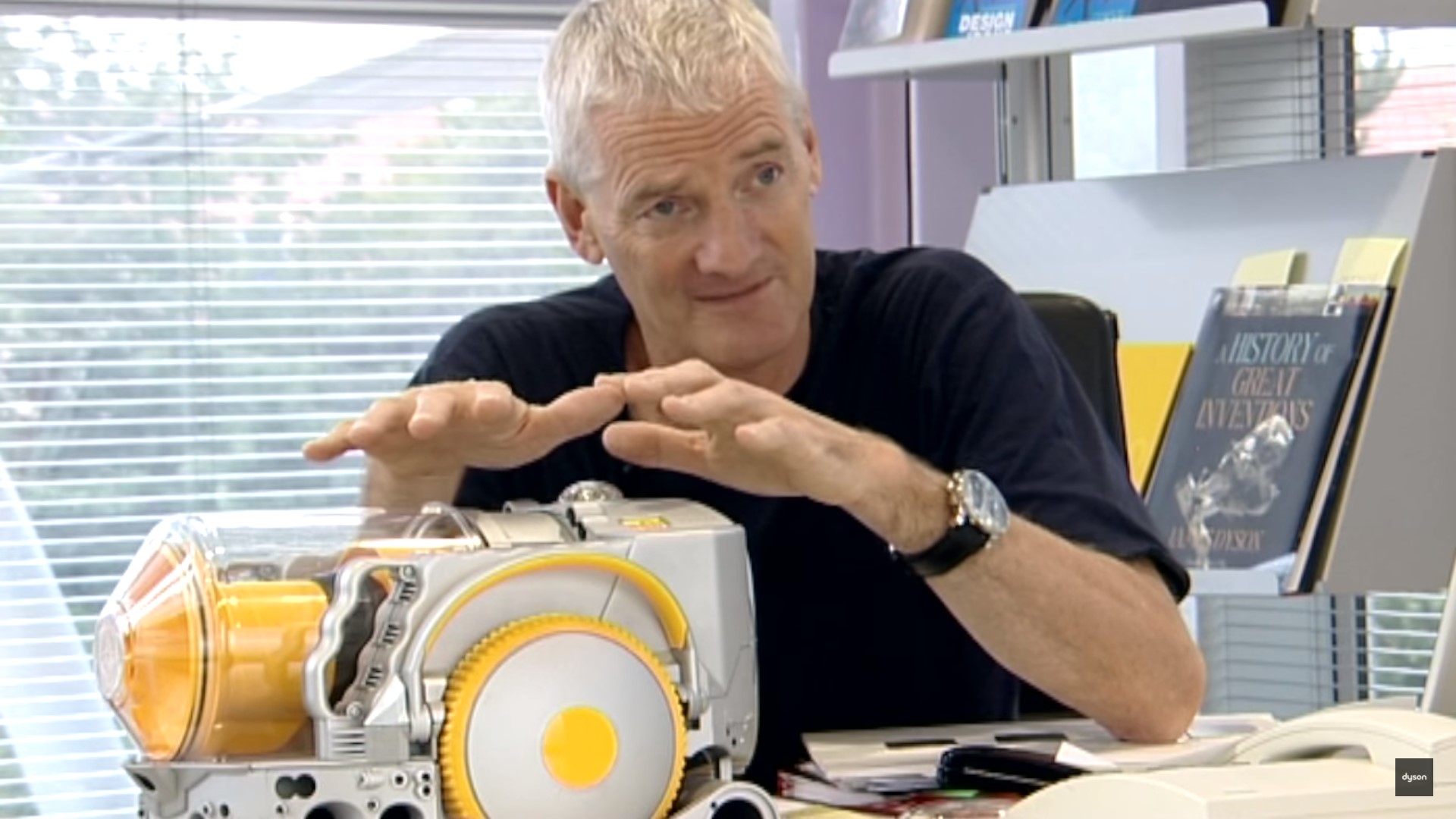47 M BY DOMENICK YONEY
Well, this sucks.
Dyson — the world-famous purveyor of non-traditional-looking vacuum cleaners, hair and hand dryers, and other assorted household items — has been investing vast amounts of money to develop a line of electric vehicles that were supposed to find their way to showrooms by 2020. Well, that automotive ambition may have just hit a significant pothole.
Read Also: BMW Expresses Confidence In Solid-State Battery Tech
 According to Quartz, the British outfit has abandoned the battery patents on which its electric vehicle dreams were being built. The company had acquired battery startup Sakti3 for $90 million back in 2015 and since then, had been paying patent license fees amounting to $200,000 a year to the University of Michigan. No more.
According to Quartz, the British outfit has abandoned the battery patents on which its electric vehicle dreams were being built. The company had acquired battery startup Sakti3 for $90 million back in 2015 and since then, had been paying patent license fees amounting to $200,000 a year to the University of Michigan. No more.
Now, the cessation of licensing doesn’t mean the entire electric vehicle program has ended. In fact, it is quite possible that Dyson has gone down a slightly different road and developed battery technology that does not rely on the original work of Sakti3 founder Ann Marie Sastry, who, according to her LinkedIn account, left the vacuum maker in August of 2017. Unfortunately, neither Dyson nor Sastry responded to Quartz’s requests for further comment, so the situation remains unclear.
For its part, Dyson has started using a new battery design in at least one of its products, demonstrating that it’s not sitting entirely still in its energy storage efforts. Its new V10 cordless vacuum employs seven cells — one more than in its earlier V8 machines — which increases the voltage and power of the new dirt sucker, yet manages to weigh in lighter than the earlier six-cell configuration. According to the company, the new smaller-yet-more-energy-dense batteries, rely on a nickel-cobalt-aluminum cathode chemistry.
If there has been a significant change in its electric vehicle plans, we should learn about it relatively soon. The company was said to have as many as 400 employees involved in the EV effort, and if the program has been canceled, that talent could be flooding the market with résumés. For now, it seems, Dyson is still seeking staff for its automotive department, so there remains some reason to be hopeful that the work goes on.
*Full disclosure: the author owns a Dyson vacuum cleaner which he quite likes.
Source: Quartz
Categories: Battery Tech, General
Get Updates
Subscribe to our e-mail newsletter to receive updates.
By subscribing to the newsletter I agree to the Privacy Policy and Terms of Service

